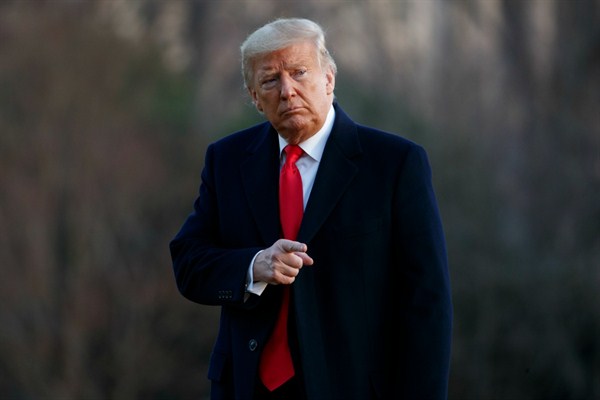The status of developing countries under international trade rules has long been a divisive issue. The World Trade Organization does not explicitly define what “developing” means, leaving members to determine for themselves where they fall. Even countries that have become relatively rich or are major export powers have been loath to give up the preferential access to foreign markets—or “special and differential treatment”—that developing country status entails. After decades of negotiation, the practical impact of special and differential treatment is less than it once was. But it is nevertheless a major irritant for developed country members of the WTO. And the United States under President Donald Trump seems determined to do something about it—even at the expense of the system as a whole.
Last year, the White House removed India and Turkey from Washington’s Generalized System of Preferences program, which provides duty-free access to the American market for designated products from eligible developing countries. It is currently reviewing the eligibility of eight more countries. Under a special waiver of international rules against trade discrimination, developed countries adopted programs in the 1970s to provide preferential access to developing countries to encourage greater integration and economic growth. But the preference-providing countries determine the eligibility conditions unilaterally, and the Trump administration is within its rights to withdraw such benefits. Still, while Turkey is a relatively developed, upper-middle-income country, India is much poorer, with a third of its citizens still living in poverty in 2018.
Another recent decision is of greater systemic concern, however. After a U.S. proposal outlining explicit criteria for developing country status gained little traction at the WTO last year, the administration acted unilaterally. The U.S. Trade Representative’s office last month issued a regulation reducing the number of developing countries that will receive special and differential treatment in its investigations into potentially illegal subsidy programs. Unlike trade preference programs, the rules governing these investigations were multilaterally agreed, and the action is yet another blow to the rules-based, multilateral trading system—from the country that once led that system.

